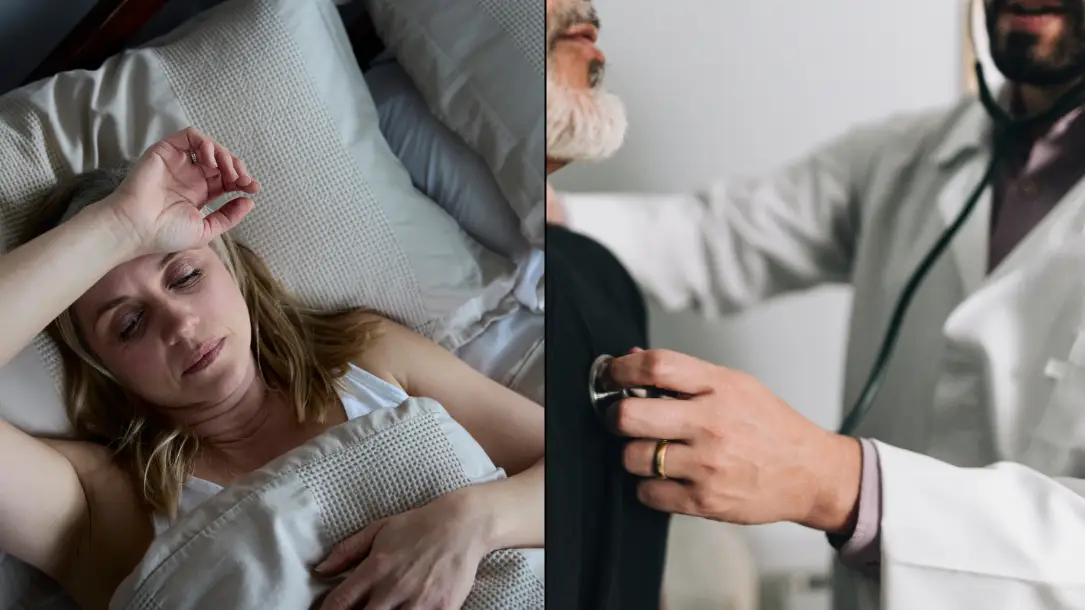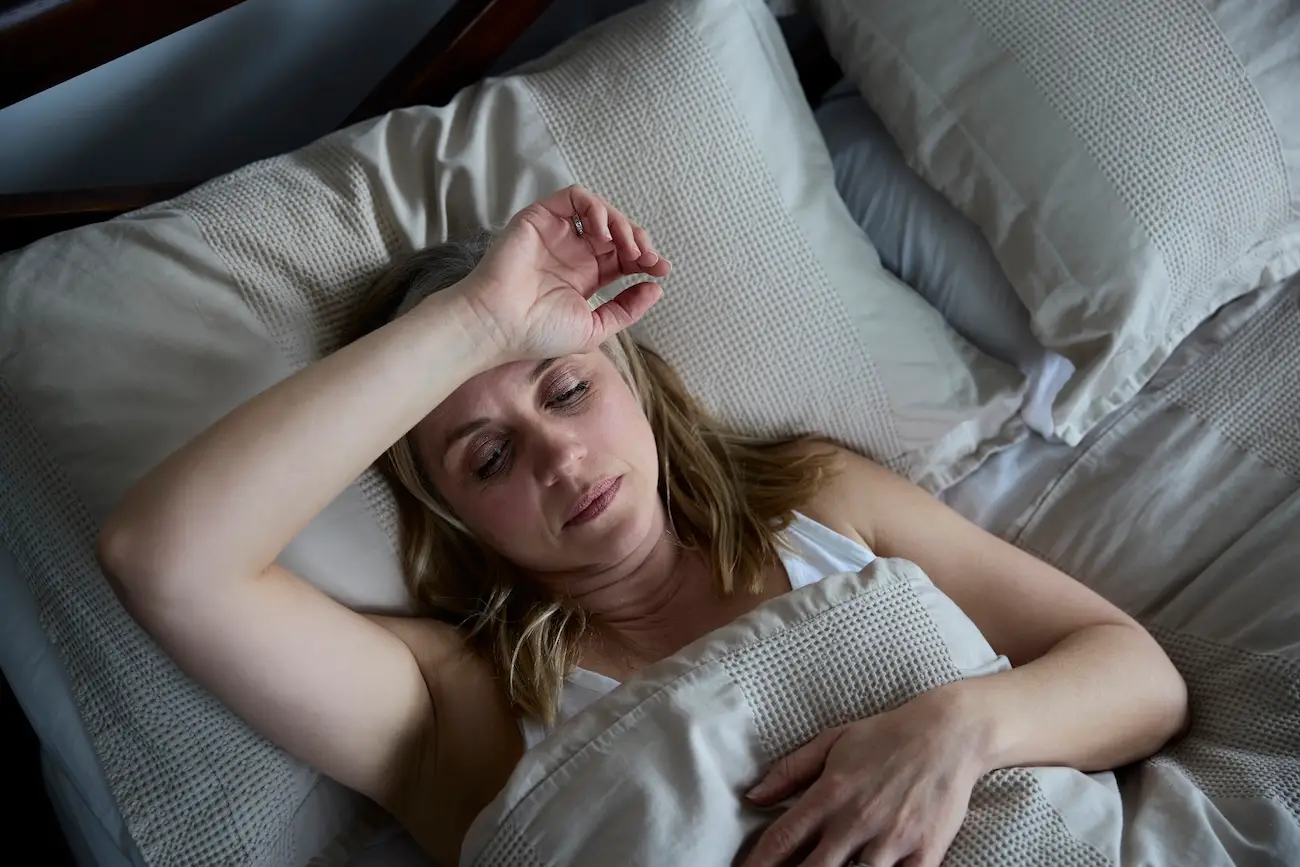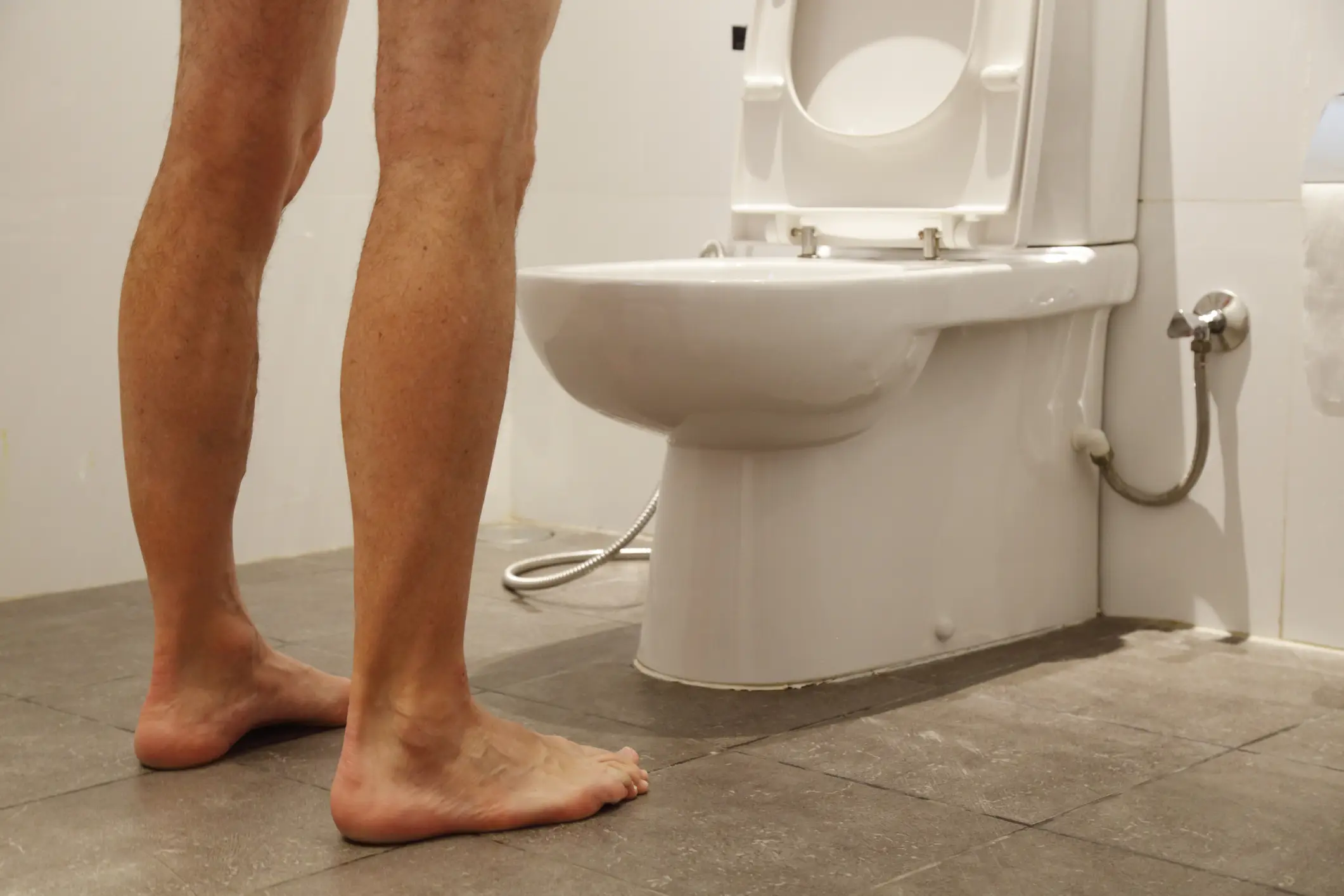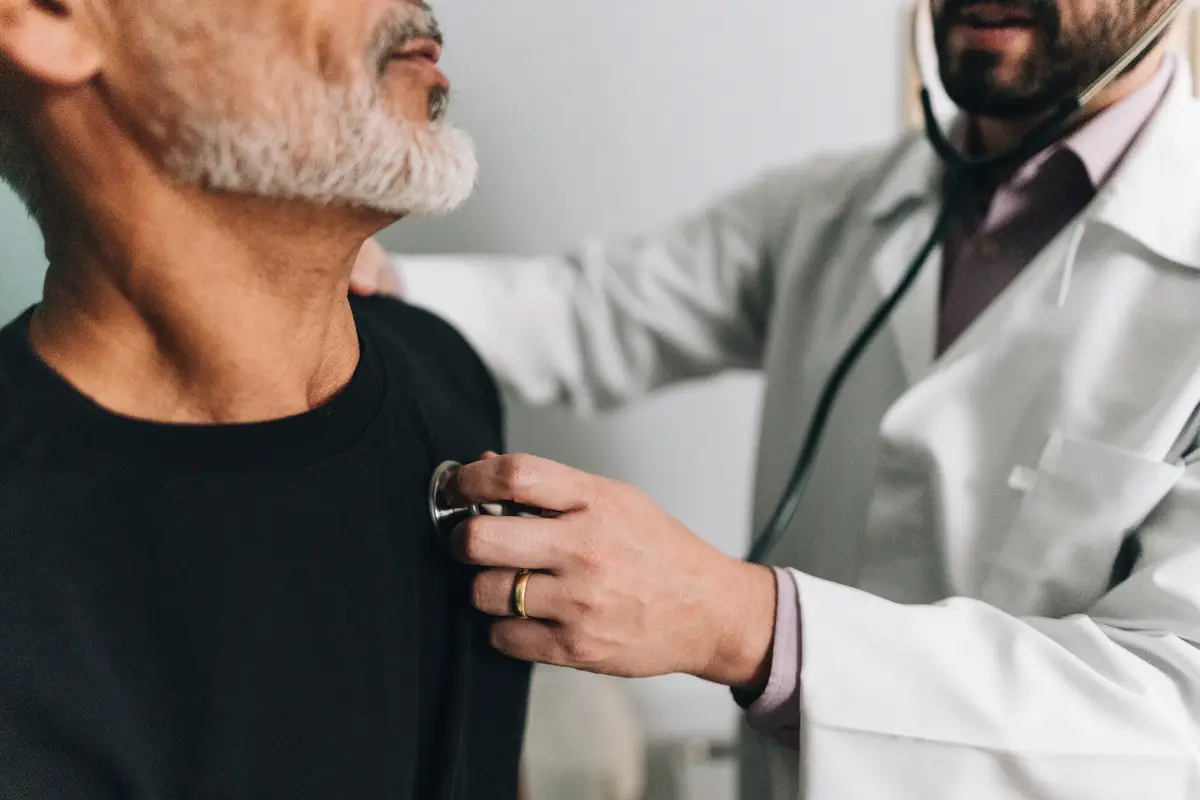
You may not even know about it, but some little-known symptoms visible only at night could be a sign of a disease that causes a quarter of all deaths in the UK.
According to the British Heart Foundation (BHF), heart disease is responsible for more than 170,000 deaths each year, equating to a death every three minutes in Britain.
Coronary heart disease (CHD) happens to be the most common cause of heart attacks and is the single biggest killer of both men and women worldwide.
That's why it's worth keeping an eye on these seven less known symptoms that will generally arise in the evening, as reported by the Mirror.
Sleep apnoea These symptoms might be signs of a life-threatening disease(Getty Stock Images)
These symptoms might be signs of a life-threatening disease(Getty Stock Images)

Sleep apnoea is when breathing stops and start while you sleep and it needs to be treated.
Advert
As per the NHS, symptoms include:
- breathing stopping and starting
- making gasping, snorting or choking noises
- waking up a lot
- loud snoring
- feeling tired during the day
- struggling to concentrate
- mood swings
- headache when you wake up
If unidentified, sleep apnoea can lead to heart disease, high blood pressure and type 2 diabetes.
Night sweats
Sweating during the night in the warmer months is very normal.
Night sweats are a bit different to just normal sweating; it's when you 'sweat so much that your night clothes and bedding are soaking wet, even though where you're sleeping is cool'.
Both adults and children can get night sweats, the NHS say.
Possible causes:
- menopause symptoms
- anxiety
- antidepressants, steroids or painkillers
- low blood sugar
- alcohol or drug use
- hyperhidrosis - a harmless condition that makes you sweat all the time
Frequent urination That midnight pee may be a sign of something bigger.(Getty Stock Images)
That midnight pee may be a sign of something bigger.(Getty Stock Images)

Waking up in the middle of the night for a wee is not uncommon.
But US-based Orlando Health has warned: “Heart failure makes it difficult for the body to rid itself of fluid.
“Lying down improves kidney function, making it easier for the body to get rid of the fluids that have built up during the day.
“When you lie down to sleep, the enhanced kidney function kicks in, urine production increases and suddenly, your bladder is full – even though you were careful not to drink a lot of fluids before bed.”
Chest pain
Getting a pain in your chest is usually not a sign of anything serious, but the NHS have said to call 999 when:
- you get sudden pain or discomfort in your chest that does not go away – the pain can feel like squeezing or pressure inside your chest, burning or indigestion
- you get pain that spreads to your left or right arm, or your neck, jaw, stomach or back
- you have chest pain and you feel sweaty, sick, light headed or short of breath
The type of chest pain that causes a heart attack is more of a 'sudden, sharp stabbing pain'.
Shortness of breath If you're struggling to breathe, that's usually not great sign (Getty Stock Images)
If you're struggling to breathe, that's usually not great sign (Getty Stock Images)

Shortness of breath might not be anything to worry about, but sometimes it can be serious.
The health service said: “This may occur after activity or at rest; it may be worse when you're lying down, and you may wake up at night needing to catch your breath.”
Raised pulse
A raised pulse is only a worry when it's supraventricular tachycardia.
The condition basically causes your heart to beat abnormally fast.
Having a heart rate of over 100 beats per minute at rest could lead to a wide range of health issues.
Restless legs syndrome
The NHS refer to restless legs syndrome as a 'common condition of the nervous system that causes an overwhelming irresistible urge to move the legs'.
"Severe cases can disrupt sleep (causing insomnia) and trigger anxiety and depression," they note.
Topics: Health